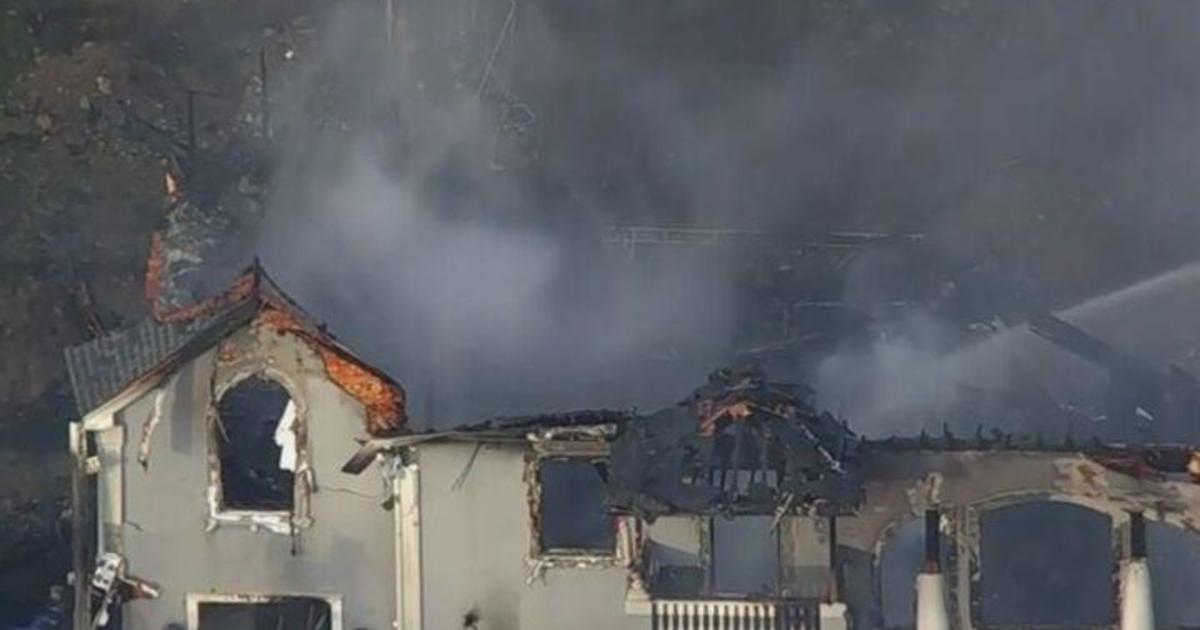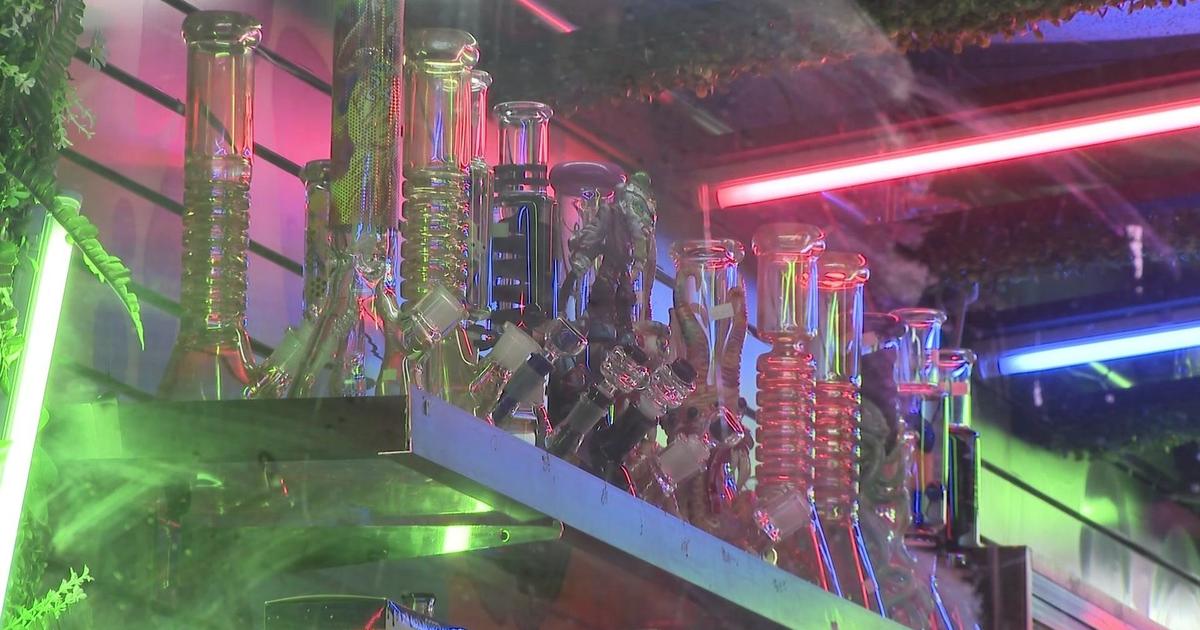Everyone Lost Their Cool Over Government's New Hot New Thermostat Recommendations
NEW YORK (CBSNewYork/CNN) - Energy Star has announced new thermostat setting recommendations to save energy, and it's generated serious heat on social media.
To save an estimated 10% on your energy bill during peak times, the Department of Energy's federal program says these are the ideal thermostat settings:
- 78 degrees when you're home.
- 85 degrees when you're at work or away.
- 82 degrees when you're sleeping.
Energy Star says homeowners can save about $180 a year with a properly-set programmable thermostat.
As one Twitter user put it: "Dear EPA, nope. Sincerely, me."
That was just one of the thousands of tweets Wednesday as news of energy star's temperature tips caught fire, reports CBS2's Tara Jakeway.
While some social media users called them "insane," on the street New Yorkers were even less receptive.
"82 when you're sleeping?," said George Hill of the West Village. "No way. 75."
"That's crazy, that's hot!" said Hannah in the West Village. "Hot! It's not cold enough, to like even be in your house."
Garber Hardware owner Scott Schoen says energy efficiency is a constant concern for his customers, especially in their historic Greenwich Village neighborhood.
"In these old drafty buildings people have to really work hard to maintain a climate," said Schoen.
He disagrees with the recommended temperature settings, "by, like, 20 degrees," he said.
He says they are prepared for the changing times with everything from analog to state-of-the-art thermostats for those that want to sacrifice some degrees to save energy.
"I guess it's good that Energy Star is putting out contemporary guidelines, however uncomfortable they may be," said Schoen.
Contractor Carl Genovese is comfortable with some of the suggested settings.
"85 degrees when you're at work, if you work outside in construction like me, maybe that's doable," he said.
At the end of the day, he likes his space a certain way.
"When you get home then I want it cool, yes I do," said Genovese.
For people like him, there's a compromise: A programmable thermostat can go back to the temperature you like when you get back from work.
"Set your thermostat as high as comfortably possible in the summer," the energy department explains on its site. "The smaller the difference between the indoor and outdoor temperatures, the lower your overall cooling bill will be."
But while some studies have shown higher daytime temperatures help improve productivity for some groups, higher thermostat settings overnight could interfere with getting a good night's sleep.
A room somewhere around 65 degrees makes for the best sleep, according to the National Sleep Foundation.
Your body temperature rises and falls slightly throughout the day, and you become drowsy as your body temperature comes down. If it's too hot, it may interfere with your body's natural temperature cycles and leave you with a restless night's sleep.
Research from the National Center for Biotechnology Information supports that.
A 2012 study says heat exposure increases wakefulness and decreases slow wave sleep along with rapid eye movement sleep. Cold exposure, however, does not affect sleep stages. Though the use of bedding and clothing are critical when achieving a peaceful night's rest in cold environments.
Outside the home and in the office setting, the Occupational Health and Safety Administration recommends temperatures between 68 and 76 degrees and humidity control in the range of 20%-60%.
(© Copyright 2019 CBS Broadcasting Inc. All Rights Reserved. Cable News Network, Inc., a Time Warner Company, contributed to this report.)



